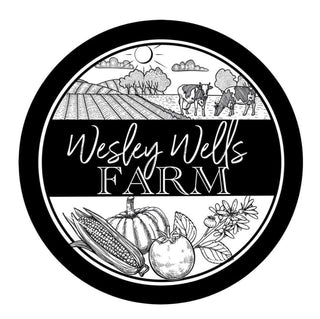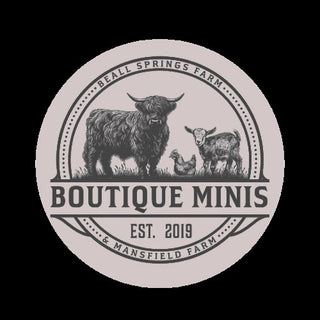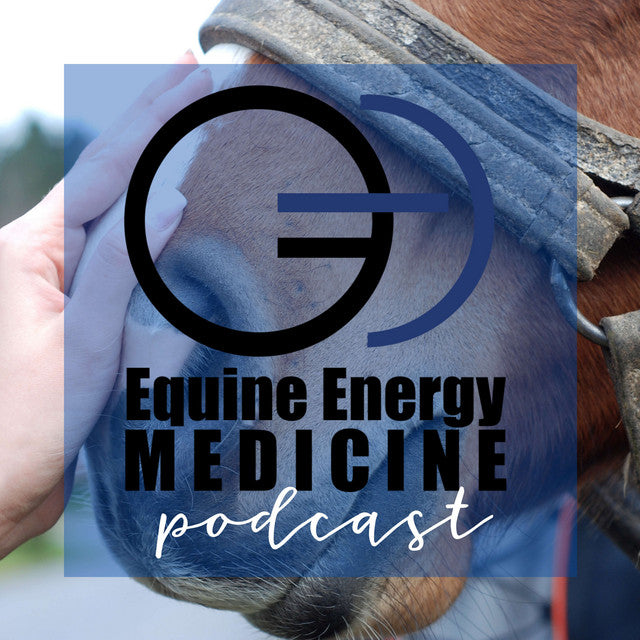Wondering, is horse manure good for gardens? Many gardeners praise it as a powerful soil booster, but knowing how to use horse manure fertilizer correctly is essential for healthy plants. This in-depth guide covers the benefits, methods, best practices, and even answers what plants don't like horse manure to help maximize your garden's potential.
Why consider horse manure for gardens?
Let's start with the basics: Is horse manure good for gardens? The answer is a resounding yes, but there are important reasons and some cautions to understand.
Horse manure is packed with organic matter and nutrients. When sourced and managed correctly, it can:
-
Improve soil structure and moisture retention
-
Enrich soil microbes for healthy plant growth
-
Supply nitrogen, phosphorus, potassium, and trace minerals
Current agricultural studies in the USA show that organic amendments such as horse manure can increase soil fertility and reduce the need for synthetic fertilizers. This trend aligns with today's environmentally friendly gardening practices, making horse manure an attractive option for home gardeners and professionals alike.

What makes horse manure good fertilizer?
Before applying it to your flower beds or vegetable patch, it's essential to understand is horse manure good fertilizer and what sets it apart.
Horse manure contains moderate levels of essential nutrients. Unlike commercial fertilizers that can release nutrients all at once, horse manure provides a slow, steady supply. This gradual release reduces the risk of “burning” plants and supports longer-term soil health.
Composted horse manure is especially valuable. Recent USDA data indicates that properly composted manure is less likely to carry weed seeds or pathogens, making it even safer and more effective in home gardens.
Using horse manure in your garden: Dos and don’ts
Just tossing horse manure into your flower bed isn’t enough. Here’s a practical guide to get the best out of this organic resource—and avoid common pitfalls.
Composting first: Why it matters
Raw horse manure often contains weed seeds and may harbor pathogens. Composting for at least six months heats up the manure, killing unwanted seeds and most harmful bacteria. The result? A dark, crumbly material with an earthy smell—ideal for your garden.
Methods for composting horse manure
Choose the method that fits your garden space and needs:
-
Hot composting: Pile up manure (with bedding material like straw or sawdust), monitor moisture, and regularly turn for aeration. This speeds up decomposition.
-
Passive piling: Simply stack and let time do the work. This method takes longer but still produces usable compost after 6–12 months.
Application timing and techniques
Knowing when and how to apply makes all the difference in whether horse manure fertilizer benefits your garden or causes problems.
-
Best time: Apply in fall or at least several months before planting. This allows any lingering pathogens to break down and nutrients to integrate into the soil.
-
How to apply:
-
For established beds, spread 1–2 inches of well-composted manure over the surface and gently incorporate into the topsoil.
-
For new beds, mix manure into soil to a depth of 6–8 inches.
-
For lawns, use a thin, even layer (no more than ½ inch) to avoid smothering grass.
Safety tips
-
Always wear gloves when handling manure.
-
Avoid using uncomposted manure on edible crops within 90–120 days of harvest to reduce contamination risks, following USDA organic gardening guidelines

Is horse poop good fertilizer for all plants?
While horse manure provides broad benefits, not every plant thrives with it.
Some plants, especially those adapted to low-nutrient soils or that prefer more acidic conditions, may not respond well. For those searching what plants don't like horse manure, here are some to watch:
-
Root crops: Carrots, radishes, and beets can become forked or misshapen in overly rich, fresh manure-amended soils.
-
Acid-loving plants: Blueberries, azaleas, and rhododendrons prefer acidic soil, and horse manure may make soil more alkaline over time.
-
Orchids and some succulents: These are sensitive to nutrient excess and may suffer root burn.
As a rule, always compost manure fully and start with a small treatment to see how your plants respond. Monitor for yellowing leaves, stunted growth, or other signs of stress.
Is manure good for grass and lawns?
Interested in a lush, green lawn? You're probably asking, is manure good for grass? When applied sensibly, horse manure can rejuvenate tired turf.
-
Composted horse manure adds nutrients and organic material that foster thick, resilient grass.
-
Apply in late fall or early spring, giving the soil time to integrate nutrients before the growing season.
-
Rake the manure to distribute it evenly and water well after application.
However, avoid using uncomposted manure, as it may introduce weeds or damage your existing lawn.
Comparing options: Is horse manure the best manure for garden?
The market offers various animal manures, but horse manure stands out for several reasons:
-
Abundant and accessible: Often available at low or no cost from local stables, especially if you’re in the USA.
-
Balanced nutrient profile: Lower in nitrogen than chicken manure, reducing the risk of plant burn.
-
Low odor: Properly composted product is less pungent than some alternatives.
However, some gardeners debate which is the best manure for garden use. Nitrogen-hungry crops like corn or leafy greens may benefit from poultry manure, but for most vegetable beds, horse manure is an excellent, versatile choice.

Sustainable sourcing: Why "Made in USA" matters
Today’s gardeners often seek local, sustainable solutions. Sourcing horse manure products labeled “Manufacture: Made in USA” ensures you’re supporting domestic agriculture and reducing transportation-related emissions. This aligns with broader environmental goals, making horse manure fertilizer a responsible option for eco-conscious gardeners.
Common mistakes to avoid with horse manure fertilizer
While the benefits are clear, using horse manure fertilizer incorrectly can cause setbacks. Here’s how to avoid them:
-
Skipping composting: Increases weed risk and potential for pathogens.
-
Over-application: Can lead to water runoff, nutrient leaching, and even harm to plants.
-
Ignoring pH levels: Repeated use may raise soil pH, making it unsuitable for some plants over time.
Monitor your soil annually and adjust amendments as needed for continued garden success.
Trends in garden fertilization: Organic is in
Across the USA, trends increasingly favor organic gardening practices. The use of composted manures is on the rise, with new research from land-grant universities highlighting increased yields and decreased pest issues compared to synthetic-only fertilizer approaches.
Gardening communities and influencers now focus on sustainability, regenerative soil health, and reducing synthetic chemical reliance—all areas where horse manure excels when used correctly.
Step-by-step: Using horse manure in your garden
To summarize, here's an actionable process for putting horse manure to work in your garden:
- Source properly aged or composted horse manure from a reputable stable.
- If necessary, compost at home for 6–12 months, ensuring proper temperature and aeration.
- Test your soil to identify nutrient deficiencies and pH, so you don’t overdo amendments.
- Incorporate manure in the fall or early spring, using about 1–2 inches on garden beds.
- Monitor plant response and supplement with other organic fertilizers if needed

Conclusion
Horse manure, especially when composted, is an effective and sustainable fertilizer. Knowing when and how to use it, and understanding what plants don't like horse manure, helps you boost your garden without unwanted side effects. With current trends emphasizing organic and locally sourced options like those labeled "Made in USA," horse manure fertilizer stands out as an excellent addition to your gardening toolkit. Focus on composting, careful application, and monitoring, and your garden will thrive for seasons to come.
Horse Manure Q&A
Is horse manure good for gardens?
Yes, when properly composted, horse manure improves soil, boosts nutrients, and encourages healthy plant growth.
What plants don't like horse manure?
Root crops, acid-lovers like blueberries, and sensitive plants such as succulents and orchids may not thrive with horse manure.
Is horse manure good fertilizer?
Absolutely. Composted horse manure releases nutrients slowly, making it an effective and safe fertilizer for most plants.
Is manure good for grass?
Yes, applying a thin layer of composted manure revitalizes lawns and encourages thick growth.
Is horse poop good fertilizer?
Yes, especially once it's well-aged or composted, as this helps nutrients become available and eliminates most pathogens.
What's the best manure for garden use?
Horse manure is a top choice for many gardeners due to its balance of nutrients, accessibility, and low risk of burning plants.
How often should I apply horse manure fertilizer?
Once a year—preferably in fall or early spring—is ideal for most gardens.
















































